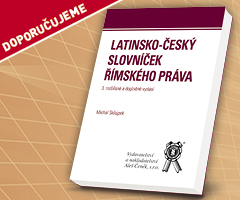Zařazeno v kategoriích: ZAHRANIČNÍ LITERATURA, Anglická
Enlarging Euro Area
Dostupnost
do 2 týdnů
Vydavatel
Počet stran
400
Místo vydání
Oxford
Rok vydání
2006
Formát
A4
ISBN
978-0199277674
EAN
9780199277674
This book seeks to offer the first in-depth and systematic analysis of the challenges of the Euro Area and the eastward enlargement of the European Union. It focuses in particular on how the prolonged process of accession to the Euro Area is affecting domestic economic policies in the accession states of east central Europe. It contributes to Europeanization studies, comparative political economy and to studies of Economic and Monetary Union. It also provides a picture of processes of domestic transformation in such countries as the three Baltic States, Bulgaria, the Czech Republic, Hungary, Poland and Romania. The book brings together a range of recognized experts from across Europe and combines country and sectoral case studies with a thematic treatment. It begins by offering an 'outside-in' perspective, which situates the effects of EMU on the accession states in the wider context of the development of global economic norms. The second part focuses on an 'inside-out' analysis of how Euro Area accession affects the states of east central Europe - their policies, politics and public institutions. The final part assesses how Euro Area accession is affecting key policy sectors in east central Europe: financial market regulation, fiscal policies and welfare states and labour markets.
Ostatní s tímto titulem kupují:
-
Položka byla přidána do košíku.
























